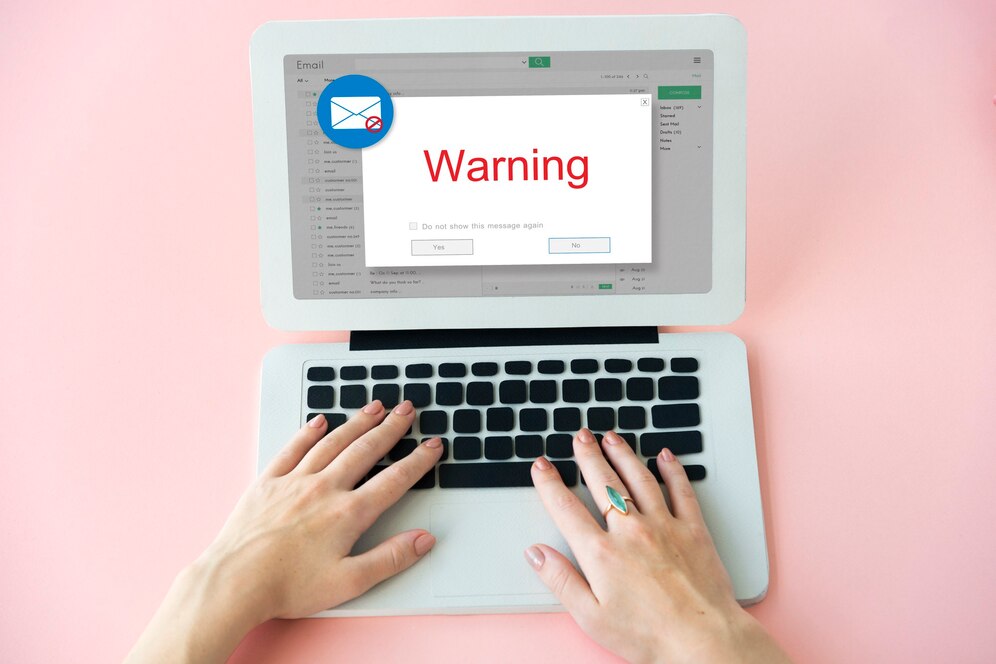In the digital age, email has become an essential part of daily communication, whether for business or personal use. One question that often puzzles users is: Are emails case sensitive? This may seem like a minor detail, but understanding how email addresses function can prevent lost messages, miscommunication, and even security issues. In this article, we’ll unpack everything you need to know about email address case sensitivity, backed by technical facts and real-world examples.
What Does Case Sensitivity Mean?
Before diving into email-specifics, let’s clarify what case sensitivity actually is. A system that is case sensitive treats uppercase and lowercase letters as distinct characters. For example, in a case-sensitive system, “Password123” and “password123” would be recognized as completely different.
Now, let’s apply this concept to email addresses.
Are Emails Case Sensitive? The Short Answer
The short answer is: yes and no — but mostly no. According to the Internet standards defined by the RFC (Request for Comments) documents:
- The local part of the email (the part before the @ sign) can technically be case sensitive.
- The domain part (after the @ sign) is not case sensitive.
So, in theory, John.Doe@example.com and john.doe@example.com could be two separate email addresses if the server supports case sensitivity in the local part. However, in practice, most modern email servers treat the local part as case insensitive.
1. Understanding the Two Parts of an Email Address
To grasp whether emails are case sensitive, you must understand their structure:
- Local Part: Everything before the “@” symbol.
- Domain Part: Everything after the “@” symbol.
Example:
In John.Doe@Example.com, “John.Doe” is the local part, and “Example.com” is the domain part.
The domain part is universally treated as case insensitive. Whether you write it as example.com, EXAMPLE.COM, or ExAmPlE.CoM, it leads to the same destination.
The local part, on the other hand, depends on how the email server is configured. While technically it can distinguish between John.Doe and john.doe, almost all providers (like Gmail, Outlook, Yahoo) treat them the same.
2. How Major Email Providers Handle Case Sensitivity

Gmail
Gmail ignores case sensitivity in the local part. JohnDoe@gmail.com is the same as johndoe@gmail.com.
Outlook
Microsoft’s Outlook.com also treats email addresses as case insensitive.
Yahoo
Yahoo Mail follows the same approach. Case variations in email addresses will still lead to the same inbox.
Custom Domains
If you’re using a custom email server (like on a private domain), there’s a slight chance the server could enforce case sensitivity. However, this is rare and generally not recommended due to user confusion.
3. Technical Standards Behind Email Address Case Sensitivity
Email address rules are defined in RFC 5321 and RFC 5322:
- RFC 5321 states that the local part of the email is case sensitive.
- RFC 5322 handles the format and syntax of the address but doesn’t override the case sensitivity rule.
Even though the standard allows it, real-world implementation often ignores case to improve usability and reduce confusion.
4. Best Practices for Email Address Formatting
To avoid any issues, follow these best practices:
- Use lowercase letters when sharing or entering your email address.
- Avoid unnecessary dots or special characters, especially if they aren’t required.
- Be consistent with how you present your email address in resumes, websites, and communications.
5. Case Sensitivity and Email Security
While most systems ignore case in email addresses, phishing scams and impersonation attacks sometimes exploit similar-looking email addresses. For example:
Support@company.comvssupport@company.com
Although technically identical on most systems, some bad actors may try to create confusion by registering similar names on different domains or using special characters. Always verify email senders carefully.
FAQs: Are Emails Case Sensitive?
Q1: Is it okay to use capital letters in my email address?
Yes, you can use capital letters, but it’s best to stick to lowercase for consistency and clarity.
Q2: Will I miss emails if someone capitalizes parts of my address?
Unlikely. Most providers treat uppercase and lowercase letters the same.
Q3: Are usernames in Gmail case sensitive?
No. Gmail treats usernames as case insensitive.
Q4: Can I create two email accounts that only differ by case?
With major providers like Gmail or Outlook — no. But technically, it’s possible on a custom mail server that enforces case sensitivity.
Q5: Is the domain part of an email address case sensitive?
No, domain names are never case sensitive.
Final Thoughts: Are Emails Case Sensitive?
So, are emails case sensitive? While technically yes (especially in the local part), in practice, the answer is no for nearly all major email services. To stay on the safe side, always use lowercase letters, and focus on accurate spelling rather than case.
Understanding how email addresses work helps you avoid mistakes, improve professionalism, and stay alert to potential scams. Now that you know the facts, you can communicate with confidence!
Also read: Keeper Standard Test






One comment on “Unlocking the Truth: Are Emails Case Sensitive? 5 Facts You Need to Know”